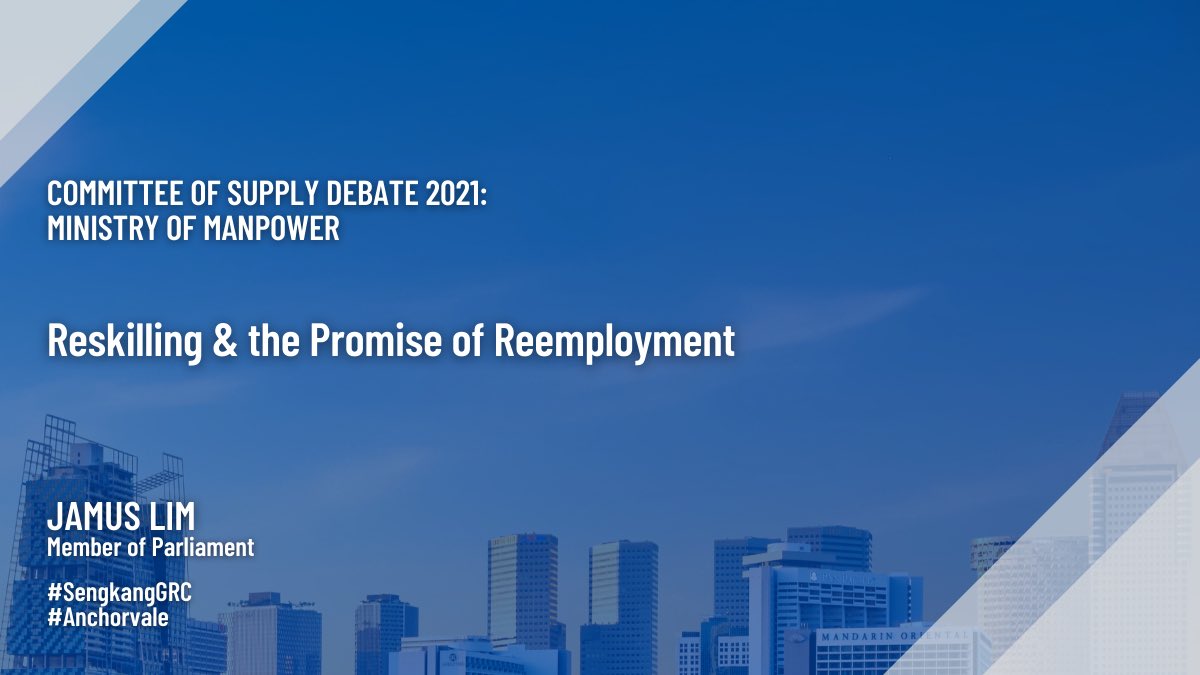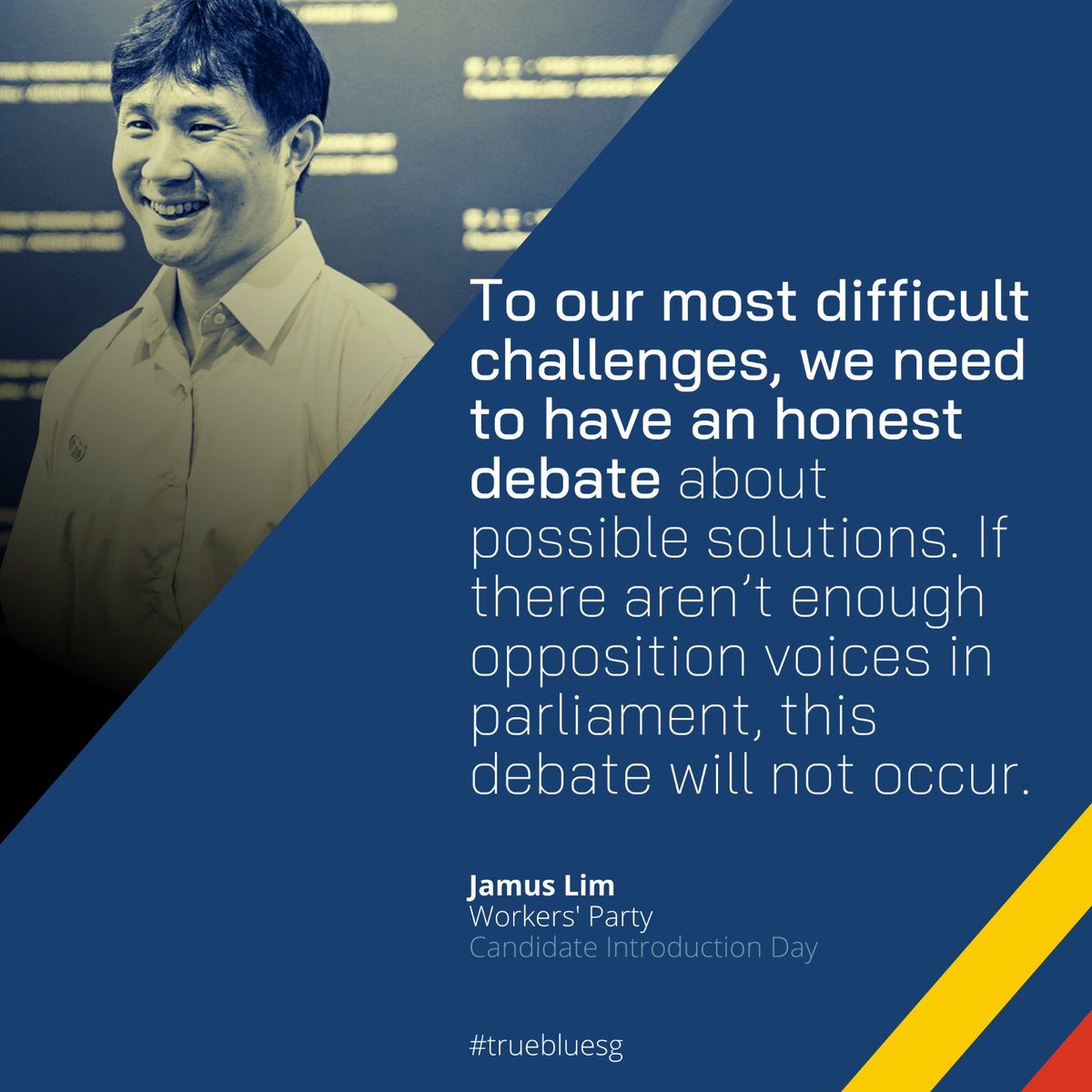
The government recently announced plans to form a nonprofit entity to take over the media businesses of Singapore Press Holdings. Many observers have offered their thoughts on the merits of this arrangement (including my #workersparty colleagues). (1/n)
I thought it would be interesting to examine the economics of the local media industry in a little more detail. While it’s not possible to cover all relevant aspects, a few issues did jump out at me. (2/n)
The Straits Times and its associated vernacular sister publications (Lianhe Zaobao, Berita Harían, etc) currently operate under the auspices of an effective monopoly conferred by the state; at the moment, only SPH has been permitted to operate as a newspaper company. (3/n)
There’s actually an economic case to justify granting exclusive rights to one entity: its called a natural monopoly, which occurs when barriers to entry are sufficiently high (like when startup costs are huge, or if intellectual property is required to be competitive). (4/n)
Common instances of natural monopolies in the wild are telecoms and utilities (some folks claim airlines are like that too, but financing initial capital outlays is easier these days, so the barriers seem to be more regulatory than anything). (5/n)
In most advanced economies, the right to publish newspapers is not generally restricted by the state, and ownership of the media typically falls in private hands. Of course, this need not guarantee that the media landscape is diverse. (6/n)
In Australia, private media ownership resides in two firms (News Corp and Nine), and in Italy, the Berlusconi family dominates the media space. But the industry is competitive; meaning that there is freedom to enter the space and compete. (7/n)
Singapore has allowed some competition in online media (with POFMA ostensibly keeping these outlets responsible), but, with the exception of a brief sojourn by Mediacorp (via Today, which has since gone online), print newspapers remain an effective SPH monopoly. (8/n)
Now, monopolies usually make a profit, owing to the fact that they are able to charge prices significantly above their costs. Unfortunately, this runs against the other prevailing global trend, of decreasing readership of print media. (9/n)
This isn’t the case for all media, of course. Publications that have offered value-added pieces, whether in terms of opinion, information, or local insight, have been able to sustain subscription charges. So not all media are automatically doomed. (10/n)
What is needed, then, is for SPH papers to actually satisfy a need. The government argues that this need is to be the newspaper of record. But this is clearly insufficient to render SPH profitable, in spite of its official status, and effective monopoly. (11/n)
Would restructuring under a company limited by guarantee (CLG, the proposal supported by the government) work to restore SPH’s prospects? It’s hard to say, but it’s difficult to see the entity succeed in the long run if it doesn’t offer the value-add aspects mentioned. (12/n)
How are such value-added aspects best achieved? In my view, it is by granting reporters and editors the freedom to run with their ideas, and to respond to their beliefs about the sort of stories to pursue. Like all businesses, profits come from satisfying consumer demand. (13/n)
The concern, then, is that the editorial independence of the papers are compromised by the CLG. To be clear, papers have always faced pressures on their independence. As CEO Ng Yat Chung observed, the papers have always had advertisers, but never conceded to them. (14/n)
But there is a marked difference between the pressure from a diffuse mass of multiple advertisers, versus the concentrated influence of one major owner or donor. The former allows for a BBC or an NPR; the latter gives rise to Fox News and Pravda. (15/n)
The #workersparty has repeatedly argued for greater competition in our local media space, with more TV and newspaper licenses issued to non-government-affiliated (but locally owned-and-managed) entities. (16/n)
In the recent session of Parliament, Pritam also called for a select committee to allow public expression of preferred editorial standards for the CLG. This was rejected by Minister Iswaran, who argued that editorial independence already existed. (17/n)
I’ll let folks come to their own conclusions on whether they agree. Two useful factoids to consider: the new chair of the CLG will be the ex-chairman of the PAP, and Reporters Without Borders recently ranked press freedom here at 160, between Sudan and Somalia. (n/n)
• • •
Missing some Tweet in this thread? You can try to
force a refresh









